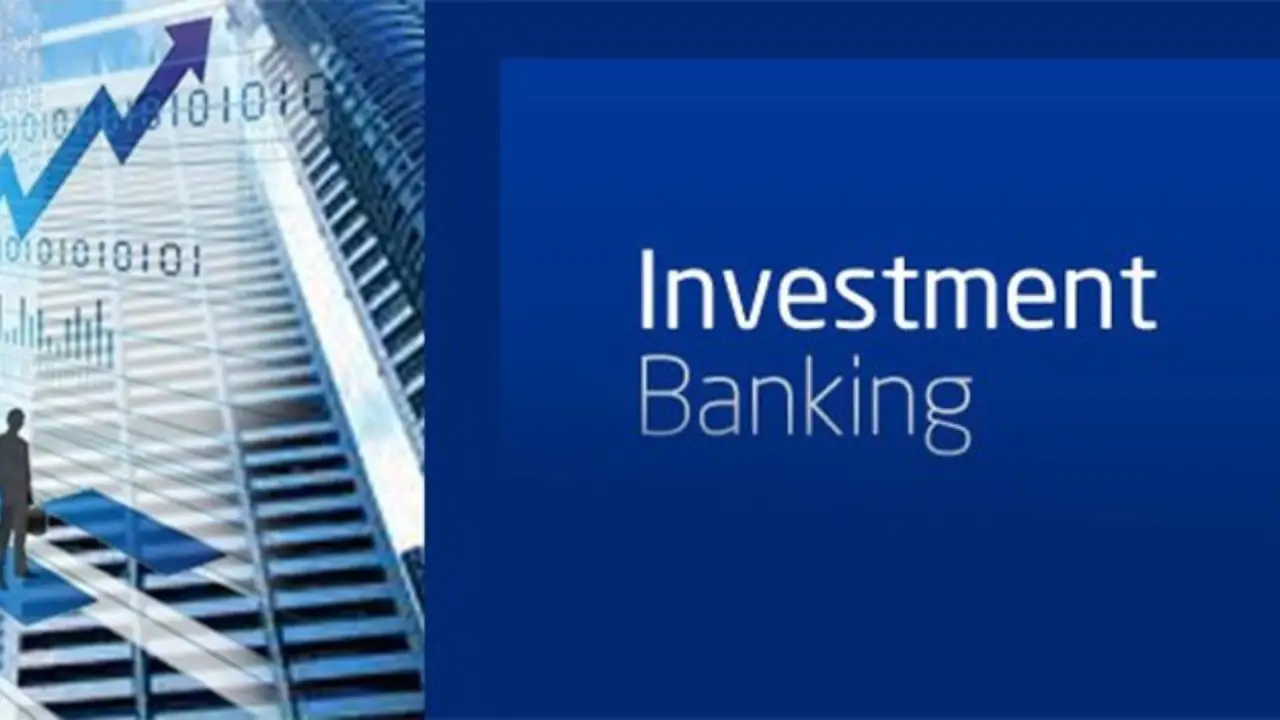Traditional banking meets technology in 2025
Investment banking services in 2025 are undergoing rapid transformation. From New York to Silicon Valley, banks are adapting to shifting market demands, evolving technologies, and increasing client expectations.
Investment banking, once dominated by legacy firms and manual processes, is now powered by artificial intelligence, decentralised finance (DeFi), and sustainability-focused investing. According to Deloitte’s 2025 report on global investment banking trends:
“Clients are demanding more transparency, faster execution, and digital-first experiences. Investment banks that fail to adapt will risk losing relevance,”
— Deloitte 2025 Global Investment Banking Outlook
The big players—Goldman Sachs, Morgan Stanley, JPMorgan Chase—have already doubled down on AI-powered trading, blockchain-backed settlements, and ESG advisory services.
Digital platforms reshape client expectations
Retail and institutional clients alike are no longer satisfied with quarterly reports and delayed communications. In 2025, instant updates, custom dashboards, and mobile interfaces are standard.
Take JPMorgan’s expansion of its digital platform. In January 2025, the bank announced its AI-enhanced client advisory tool.
“Our goal is to provide clients with real-time market insights that guide better investment decisions. In 2025, that means using AI to simulate thousands of scenarios and personalise recommendations instantly,”
— Mary Erdoes, CEO of JPMorgan Asset & Wealth Management, CNBC Interview, Feb 2025
Meanwhile, smaller fintech disruptors like Robinhood Institutional and TitanPro are offering investment banking-lite services, attracting millennial and Gen Z entrepreneurs seeking to raise capital or explore M&A options.
Sustainability and ESG take center stage
Environmental, Social, and Governance (ESG) considerations are now integral to investment banking. In 2025, it’s no longer a niche service—it’s mainstream.
Goldman Sachs, for example, has pledged to underwrite $1.5 trillion in sustainable finance deals by the end of 2025.
“Sustainability is now a strategic priority. Clients are coming to us with clear expectations: their capital must support long-term, responsible outcomes,”
— David Solomon, Chairman and CEO of Goldman Sachs, Annual Letter to Shareholders, 2025
This shift is also regulatory-driven. The Securities and Exchange Commission (SEC) has tightened ESG reporting rules. Public companies now face stricter disclosure standards, and investment bankers are expected to guide clients through the maze.
Firms are hiring climate analysts, data scientists, and ESG auditors to meet demand. The future of capital markets, it seems, is green.
Mergers, SPACs and private equity in 2025
Mergers and Acquisitions (M&A) activity remains strong in 2025, but the landscape has shifted. Traditional IPOs are back in vogue after a dip in 2023-24, while Special Purpose Acquisition Companies (SPACs) continue to face regulatory headwinds.
Still, some players see opportunity. In March 2025, Morgan Stanley advised on the $17 billion acquisition of an AI semiconductor firm by a private equity consortium.
“In a higher interest rate environment, strategic acquisitions are a smart way to unlock value. We’re seeing targeted dealmaking in AI, clean energy, and healthcare,”
— James Gorman, Executive Chairman of Morgan Stanley, Bloomberg Markets, April 2025
Private equity is also reshaping investment banking services. With dry powder exceeding $3 trillion globally, firms like Blackstone and KKR are pushing banks to deliver tailored financing and exit strategies.
AI and blockchain redefine dealmaking
Artificial intelligence is not just about faster calculations. In 2025, AI is helping analysts evaluate deals, manage risk, and detect fraud.
Citigroup recently launched its Quantum Risk Engine, which scans trillions of data points in seconds.
“We’ve moved from spreadsheets to self-learning systems. AI helps us price risk more accurately, especially in volatile markets,”
— Jane Fraser, CEO of Citigroup, Financial Times, May 2025
Blockchain, too, is reducing settlement times. Goldman Sachs and Fidelity led a pilot in early 2025 for a tokenised bond issuance, settling trades in under five minutes.
The implications are profound: lower costs, fewer intermediaries, and better traceability.
What this means for clients
In 2025, the client experience in investment banking services is more digital, more data-driven, and more tailored than ever before.
Individuals and institutions alike benefit from enhanced transparency, faster execution, and deeper insights. Whether you’re a startup founder seeking Series C funding or a pension fund allocating $1 billion into clean energy, the tools at your disposal have evolved dramatically.
“This is the most client-focused investment banking environment we’ve ever seen. It’s no longer about the banker—it’s about the solution,”
— Sasha Arora, FinTech Consultant and Former Barclays Executive, TechCrunch Finance Summit, June 2025
Still, clients are advised to stay informed. With more tools comes more complexity. And in this fast-paced environment, the right advisor makes all the difference.
Conclusion
Investment banking services in 2025 are faster, smarter, and greener. As technology reshapes every facet of the industry, clients and banks alike are learning to navigate a new landscape. Whether through AI, ESG, or blockchain, the message is clear: adapt—or risk falling behind.

